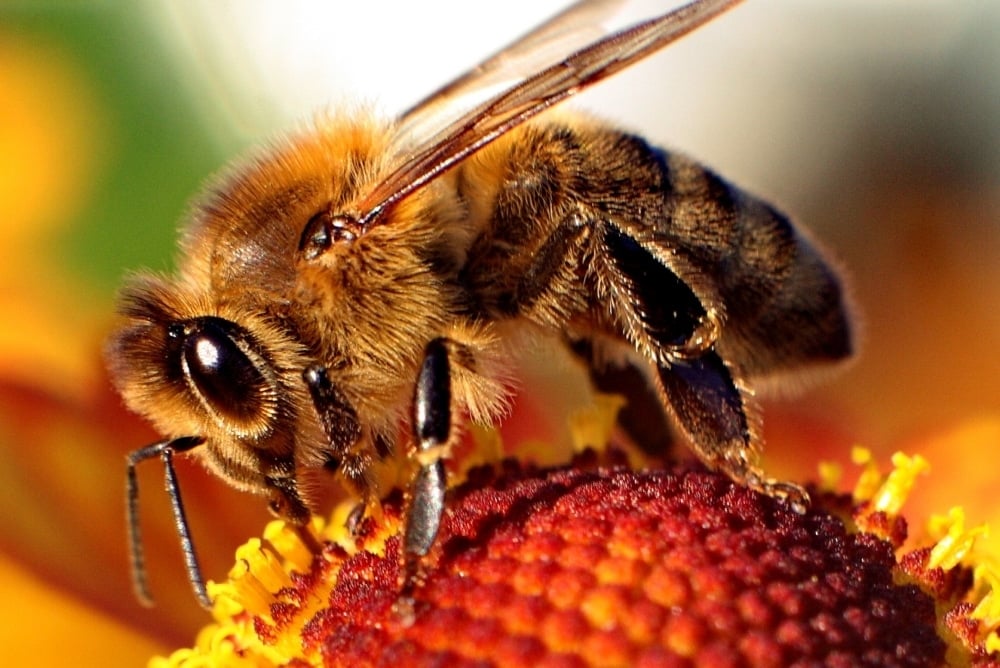Why crop farmers should keep bees

Studies show the volume of agricultural production dependent on pollinators has increased by an almost 300 per cent in the last 50 years
What you need to know:
- Studies show the volume of agricultural production dependent on pollinators has increased by an almost 300 per cent in the last 50 years.
Matildah Kacho, a resident of Nabusanke village in Gomba District, is a coffee and mango fruit farmer, a trade she has been running actively for three years since her retirement from public service in 2017. Her farm is set in a way that five acres are mainly dedicated to coffee, one for mangoes and one for food crops.
“Coffee farming has been our family business since I was born, my parents were coffee farmers and I inherited this land from them,” she says.
“I started planting the mango trees a year to my retirement with the hope that I would be harvesting within two years because it is a good variety that matures early,” Kacho says.
However, to Kacho’s dismay the crops have failed to yield to her expectations. “They flower so well but all the flowers simply fall off,” she says.
According to Charity Namala, managing director of The Hive Uganda, Kacho’s is not a unique case though most farmers seem to be unaware of the conditions influencing low crop yield despite the fertile soils, abundant rains and the generally good weather conditions in Uganda.
Crop pollinator
“There is a slow but steady decline in crop pollinator services,” says Namala. She adds: “Pollinators are essential to the production of many of the micronutrient rich fruits, vegetables, nuts, seeds and oils we eat. In the past, this service was provided by nature at no cost. But farm fields have become larger, agricultural practices have also changed to focus on a narrower list of crops and increasing use of chemicals.”
Pollinator decline
Evidence points to these factors as causes to the potentially serious decline in populations of pollinators, particularly bees. The decline is already impacting crop production and directly affecting the costs of vitamin-rich crops such as fruits and vegetables, leading to increasingly unbalanced diets and health problems, such as malnutrition and non-communicable diseases.
In fact, close to 75 per cent of the world’s crops producing fruits and seeds for human consumption depend, at least in part, on bee pollination for sustained production, yield and quality. The diversity of food available is largely owed to animal pollinators.
Unfortunately, in a number of regions, pollination services are showing declining trends.
For instance, maintaining and increasing yields in horticultural crops under agricultural development is important to health, nutrition, food security and better incomes for smallholder farmers.
Dickson Biryomumaisho, executive director of The Uganda Apiculture Development Organisation (Tunado) notes that the process of securing effective pollinators (outside bees) to service agricultural fields is proving difficult to engineer.
“The benefits that bees bring us go beyond human food. There should be intentional interest in helping nature provide pollination services through practices that support wild pollinators. That practice is simply keeping of bees as we do livestock,” says Biryomumaisho.
A 2018 Food and Agriculture Organisation report titled, ‘The importance of bees and other pollinators for food and agriculture,’ denote pollination is the highest agricultural contributor to yields worldwide. Thus, bees and other pollinators make important contributions to agriculture.
Key facts
Three out of four crops across the globe producing fruits or seeds for human use as food depend, at least in part, on pollinators.
Improving pollinator density and diversity boosts crop yields. Pollinators affect 35 percent of global agricultural land, supporting the production of 87 of the leading food crops worldwide.




